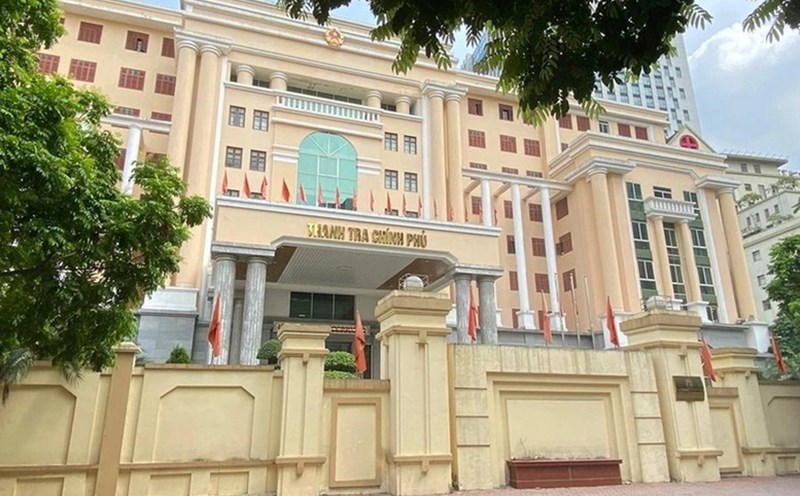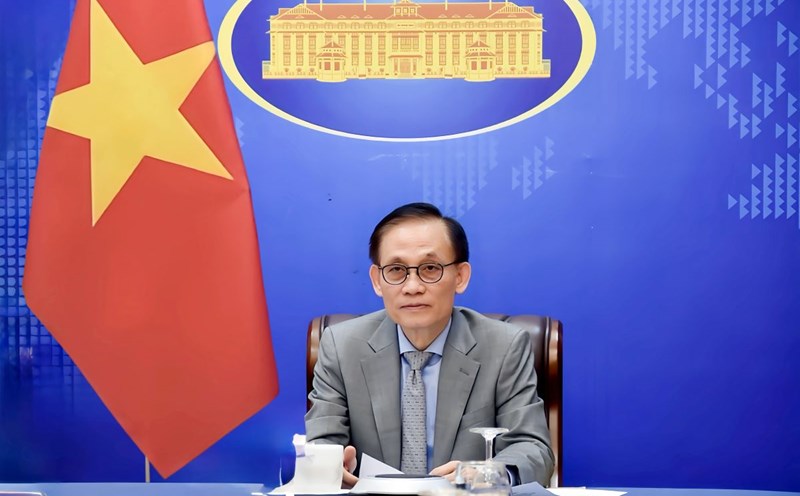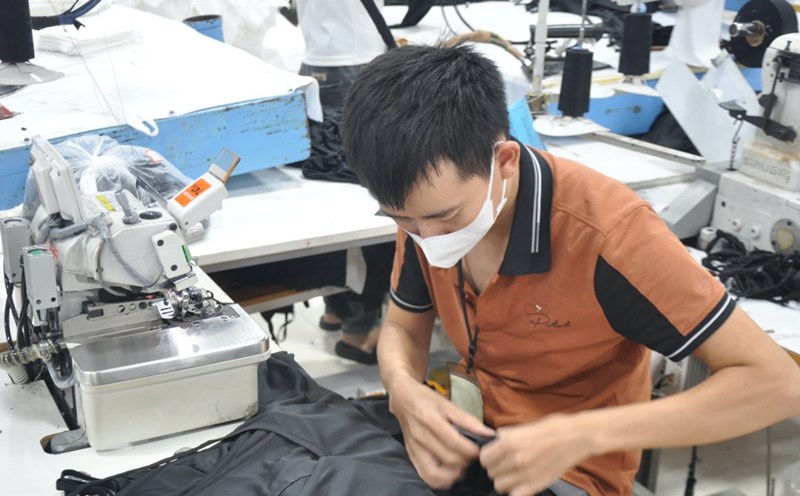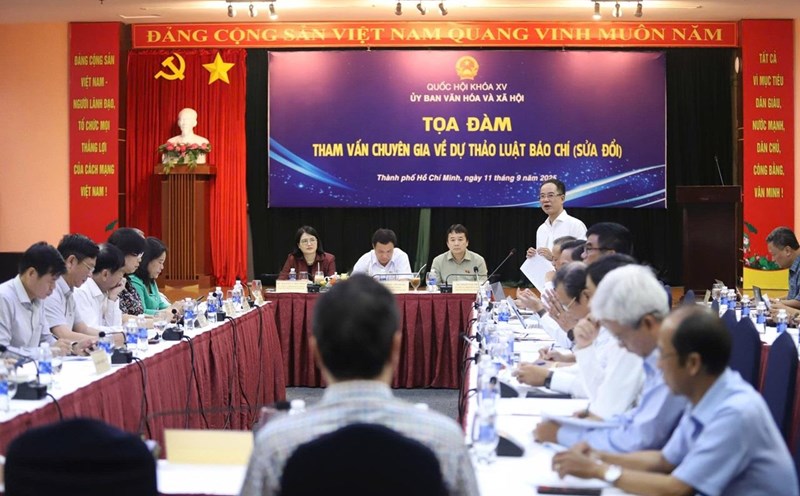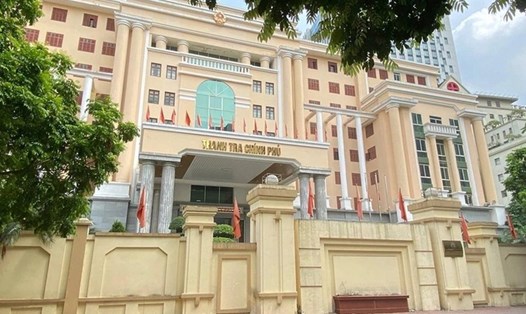On September 11, at the Government headquarters, Deputy Prime Minister Tran Hong Ha chaired a meeting to listen to a report on the national action plan to overcome river basin pollution, air environment; and air pollution treatment in Hanoi and Ho Chi Minh City.
At the meeting, Vice Chairman of the Hanoi People's Committee Nguyen Trong Dong said that the city has implemented many solutions to control air and water pollution, focusing on green transportation, expanding electric buses, developing electric trains, establishing low emission zones, limiting personal vehicles in Ring Roads 1, 2, and 3.
The city proposed to establish an inter-regional Steering Committee for air pollution affected by neighboring provinces.
Regarding wastewater, Hanoi has operated 6 factories, including Yen Xa Factory 270,000 m3/day and night, treating 50-55% of domestic wastewater, collecting all 243 discharge points to To Lich River.
In 2026, the city will complete the collection of wastewater from the Lu River, Set River, and Kim Nguu River; the two banks of the To Lich River will be renovated under the form of public-private partnership (PPP).
Meanwhile, Vice Chairman of the Ho Chi Minh City People's Committee Bui Minh Thanh said that the city focuses on developing belts and green corridors, relocating polluted facilities from the inner city, investing in infrastructure, monitoring systems, applying emission standards, converting electric buses from 2025, monitoring 89 major sources of waste. At the same time, mobilize people to reduce private vehicles, develop charging stations, and build a roadmap until 2028; it is expected to submit to the People's Council a policy to support vehicle conversion in September.
At the meeting, the Deputy Prime Minister emphasized that environmental pollution, especially air pollution in large cities, has become a problem that has lasted for many years, causing public outrage and requiring fundamental and synchronous solutions.
According to the Deputy Prime Minister, on the one hand, people agree and share their frustration about the increasingly serious pollution, on the other hand, they also question the effectiveness of many measures when they are just on paper and not yet put into practice.
In reality, pollution is still increasing every year and contributing to economic growth, reflecting a development model that does not ensure environmental quality.
"The State's solutions must be methodical, with plans, policies, roadmaps and appropriate steps, to both handle pollution and not cause negative impacts on economic development and the legitimate benefits of the people," said the Deputy Prime Minister.
The Deputy Prime Minister directed the Ministry of Agriculture and Environment to develop a comprehensive plan to handle air, water and solid waste pollution, but starting from key cities such as Hanoi and Ho Chi Minh City to ensure feasibility.
The plans must have a clear roadmap, starting from major cities such as Hanoi and Ho Chi Minh City for testing, then expanding to other localities. The measurement of the impact on people's health will be carried out periodically, based on high standards, not lowering environmental standards.
"Vietnamese people need to breathe clean air, live in a safe and developed environment," the Deputy Prime Minister emphasized and noted the issue of handling inter-provincial and cross-border pollution, and requested the development of a list of pollution sources, development of a roadmap for technology transformation, and application of environmental standards.
The treatment of water pollution needs to be implemented from river basins and specific water sources, instead of being spread nationwide.

